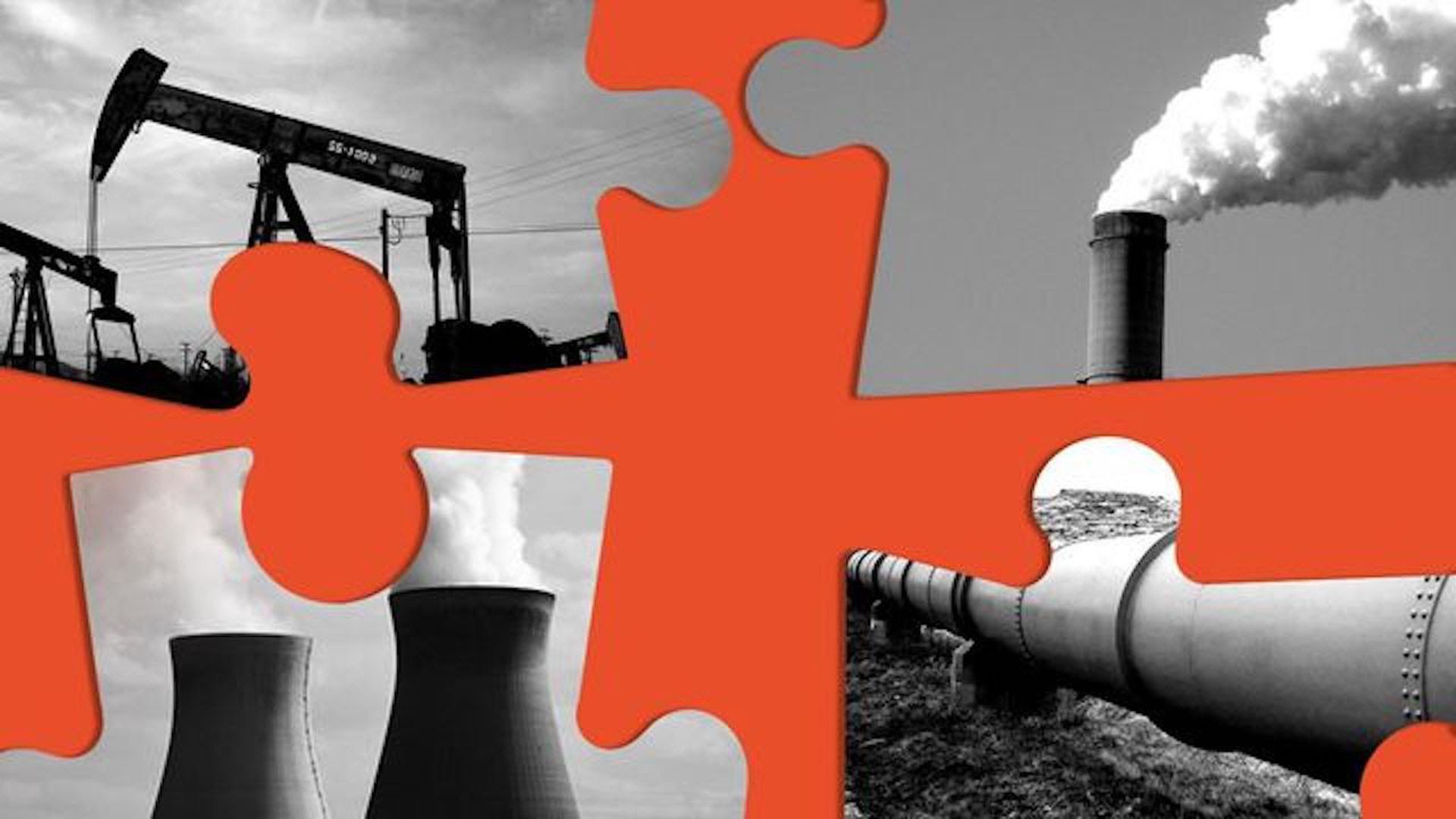How the EPA's climate rule rollback could reach beyond coal
Add Axios as your preferred source to
see more of our stories on Google.

Illustration: Rebecca Zisser/Axios
A big question now that EPA has finalized climate regulations for power plants is how much they'll constrain a future president — especially a potential Democrat that wants to act way more aggressively.
Driving the news: Yesterday EPA issued modest rules requiring state plans to make coal-fired units more efficient over time, but lacks binding CO2-cutting targets.
Why it matters: Achieving deep cuts will eventually require going beyond the power industry, where market forces are already shoving coal aside, as well as speeding up power-sector cuts.
- Democratic White House hopefuls platforms call for steep economy-wide reductions, with some targeting net-zero emissions by 2050 or sooner.
The big picture: Yesterday's rule breaks with the Obama-era Clean Power Plan (CPP) that claimed far broader Clean Air Act powers to drive changes in electricity systems by giving states wide latitude to decide how to meet emissions requirements.
- Trump officials, however, say the Clean Air Act imposes major limits on the breadth of their reach.
- "Is EPA an energy regulatory authority? Absolutely not," a senior EPA official told reporters on a call.
- "I don't see this as a scaling back. I see this as a correction," the official said in rolling out the current administration's Affordable Clean Energy (ACE) rule.
What to watch: As the rule moves into litigation, look for whether the legal dust settles in a way that could....
- Thwart a future EPA from seeking deeper and mandatory cuts from power plants and from using a so-called "outside the fence line" template like Obama's.
- Set precedents that would also limit how regulators can attack other emissions sources, like refineries and manufacturing.
What they're saying: "EPA's narrow approach to the power sector rulemaking could pose hurdles to future regulation of other sectors under a differently minded future administration," the consultancy ClearView Energy Partners said in a note.
Michael Gerrard of Columbia Law School tells me a lot depends on how narrowly or broadly courts rule in upholding the Trump plan, if that's what happens. He writes via email...
"[I]f the courts take the occasion to opine more broadly on EPA's authority under the Clean Air Act, that could have broader impacts."
"[I]f the courts agree with the Trump EPA's analysis that reducing greenhouse gas emissions confers relatively small benefits, more explanation could be needed from a later EPA about the need for GHG regulation not just of power plants about also other sources."
